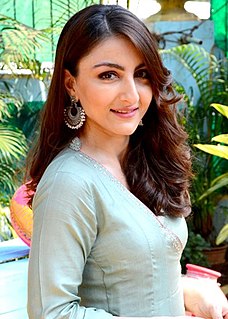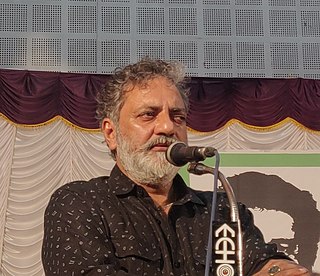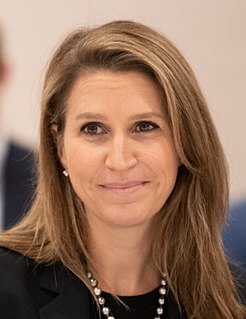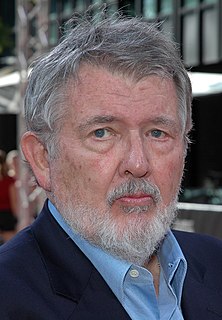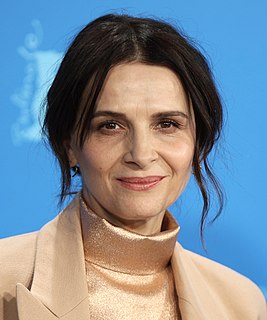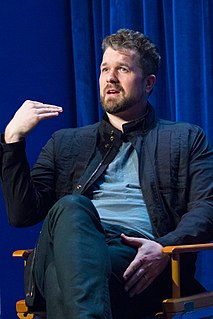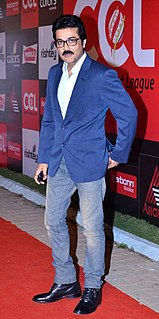A Quote by Soha Ali Khan
We are a family that likes to keep things abreast about what's happening in the country so dinner table conversations revolve around Social, political, films... a bit of everything. Films we talk about the least in fact.
Related Quotes
I definitely care about what's happening in our country. I grew up in a family that was very liberal and had very strong opinions about liberal ideas. I was around those thoughts and had conversations about those things and did the best I could to absorb what was happening around me and have my own opinion about it.
My family was in two businesses - they were in the textile business, and they were in the candy business. The conversations around the dinner table were all about the factory floor and how many machines were running and what was happening in the business. I grew up very engaged in manufacturing and as part of a family business.
I often find in the film world, that it's very self-referring. If you talk to someone about films, they talk about them in terms of other films - rather than as something that happened to them in their life. And I'm really keen to get back to film as a reference to real things, not necessarily to other films.
Conversations about films are always funny. I would say a majority of people want to talk about what were the more obvious successes; the big box office films. Other people wanting to be more sensitive to you want to talk about the ones that maybe didn't make a lot of money, but they think you might have a special feeling about. And then other people sometimes want to help you by suggesting that you should have done this or that in the movie, that that would have helped you a great deal in whatever capacity.
